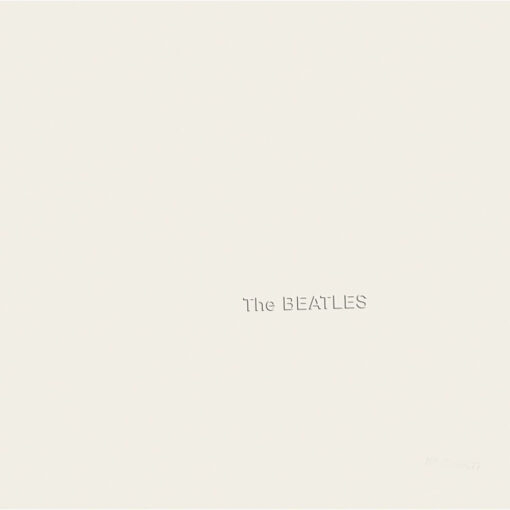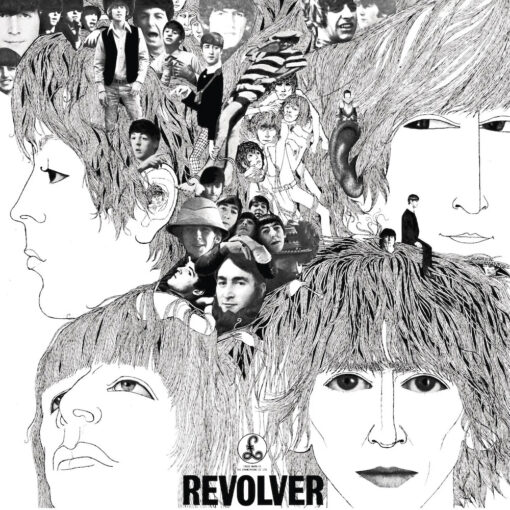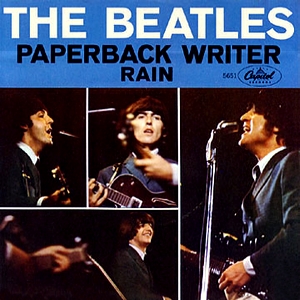- Published in 1968
- Author: Lennon/McCartney
JOHN 1980: “Completely me. We recorded the song twice. The Beatles were getting real tense with each other. I did the slow version (Revolution 1) and I wanted to put it out as a single: as a statement of the Beatles’ position on Vietnam and the Beatles’ position on revolution. The first take of ‘Revolution’ …well, George and Paul were resentful and said it wasn’t fast enough. Now, if you go into the details of what a hit record is and isn’t, maybe. But the Beatles could have afforded to put out a slow, understandable version of ‘Revolution’ as a single, whether it was a gold record or a wooden record.”
About “Revolution”
“Revolution” was released as a single in 1968, along with “Hey Jude,” as a double A-side. The song was written by John Lennon and credited to the songwriting partnership of Lennon/McCartney, as was customary for most Beatles songs. “Revolution” is known for its powerful and politically charged lyrics, reflecting the social and political upheaval of the late 1960s. The song addresses themes of revolution, protest, and the desire for change. It’s often associated with the counterculture movements of the time.
Musically, “Revolution” features a raw and edgy sound, characterized by a distorted guitar riff and a driving rhythm. It was a departure from the more polished and melodic sound that The Beatles were known for in their earlier years. There are actually two versions of “Revolution.” The faster and more aggressive version was released as the B-side to the “Hey Jude” single, while a slower and more refined version “Revolution 1” appeared on The Beatles’ self-titled album, commonly known as the “White Album,” which was released later in 1968.
“Revolution” remains a significant and influential song in the history of rock music, and it continues to be celebrated for its social and musical impact.
Meaning of “Revolution”
The lyrics of “Revolution” reflect a sense of disillusionment with the state of the world and a desire for change. The song expresses frustration with the existing order and calls for a revolution, but not necessarily a violent one. Instead, it suggests a more contemplative approach to revolution, advocating for a change in consciousness and societal values.
“Revolution” can be seen as a reflection of the turbulent times in which it was written, with social and political upheaval taking place around the world, including events like the Vietnam War and civil rights movements. The song’s message is open to interpretation, but it’s generally understood as a call for change and a questioning of the status quo.
Personnel
The Beatles
- John Lennon – vocals, lead guitar, handclaps
- Paul McCartney – bass guitar, Hammond organ, handclaps
- George Harrison – lead guitar, handclaps
- Ringo Starr – drums, handclaps
Additional musician
- Nicky Hopkins – electric piano


